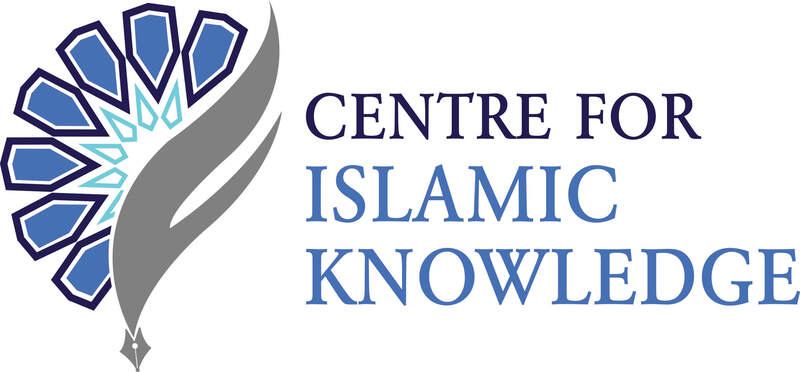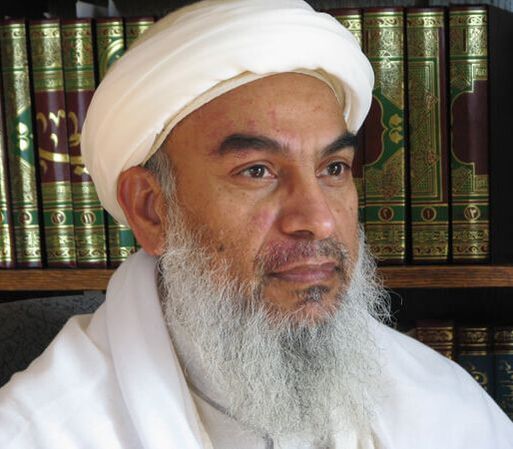When and how did life appear on earth? Is there an end to it, or will it continue forever? The origin and ultimate destiny of human life on earth has always been at the center of the quest for knowledge, self-identity, and a relationship with the Creator and with others. These questions are now even more important due to the accumulative diversity of answers available to contemporary humanity. In addition to the centuries-old responses of religions and philosophy, now science also claims to provide answers to these questions. This one-day course explores—in an analytical and critical manner—various facets of these questions and answers. Rooted in both the primary sources of Islam and the historical trajectory of scientific knowledge, the course is divided into three 60-minute lecture sessions, each followed by 30minutes for Q&A.
Session I: Understanding the Questions
Origin or Evolution? Evolutionary Origin? Origin and Evolution?; Understanding the Reach of Evolutionism: From Biology to History to Religion; The Question of Human Destiny; The Muslim Encounter with Evolutionism
Session: II: Origins and Evolution in an Islamic Mirror
Constructing the Mirror: Epistemological Considerations; What is at stake? Ontological relationships; The Qur’an and Prophetic Teachings; Muslim Philosophical and Theological Discourse
Session III: Origins and Evolutionism as Seen in the Mirror
Muslim Responses Examined; Origin and Destiny of Human Life; Concluding Summary
Essential Readings:
Supplementary Readings:
- Muzaffar Iqbal and Naseer Ahmad, “Allah Most High”, Integrated Encyclopedia of the Qur’an, Volume 1, pp. 3-33.
- Muzaffar Iqbal and Naseer Ahmad, “Ādam, upon him be peace, Integrated Encyclopedia of the Qur’an, Volume 1, pp. 99-118.
- Marwa Elshakry, Reading Darwin in Arabic, 1860-1950 (University of Chicago Press, 2013) (https://www.amazon.com/Reading-Darwin-Arabic-1860-1950-Elshakry/dp/022637873X)
- Whitall N. Perry, The Widening Breach: Evolutionism in the Mirror of Cosmology (Fons Vitae, 1995). https://www.amazon.ca/Widening-Breach-Evolutionism-Mirror-Cosmology/dp/1870196139
- Muzaffar Iqbal, “Darwin’s Shadow: Context and Reception in the Western World,” Islam & Science, Vol. 6 (Winter 2008) No. 2, pp. 99-152.
- Muzaffar Iqbal, “Darwin’s Shadow: Evolution in an Islamic Mirror,” Islam & Science, Vol. 8 (Summer 2010) No. 1, pp. 11-32.
- Martin Lings, The Eleventh Hour: The spiritual crisis of the modern world in the light of tradition and prophecy, Archetype; 2 edition (Jan. 1 2010), Chapter 3 (‘And from Him that hath not…’), pp. 15-44.
- https://www.amazon.ca/Eleventh-Hour-spiritual-tradition-prophecy/dp/1901383016
Supplementary Readings:
- Michael J. Behe, Darwin's Black Box: The Biochemical Challenge to Evolution Paperback, 2nd rev. ed. (Simon and Schuster, 2006), https://www.amazon.ca/Darwins-Black-Box-Biochemical-Challenge/dp/0743290313
- William A. Dembski, No Free Lunch: Why Specified Complexity Cannot Be Purchased without Intelligence (Rowman & Littlefield Publishers, 2001), https://www.amazon.ca/Free-Lunch-Specified-Complexity-Intelligence/dp/0742512975
- Muzaffar Iqbal, Book Review of The Widening Breach, published in Iqbal Review, Vol. 31 (1997) No. 53 (http://www.cis-ca.org/reviews/breach.htm)
About the Instructor:
Dr. Muzaffar IqbalDr. Muzaffar Iqbal is the founder-president of the Center for Islamic Sciences, (previously, Center for Islam and Science) and General Editor of the Integrated Encyclopedia of the Qur'an, the first English-language reference work on the Qur'an based on fourteen centuries of Muslim scholarship.
Dr. Iqbal has held academic and research positions at University of Saskatchewan (1979-1984), University of Wisconsin-Madison (1984-85), and McGill University (1986). During 1990-1996, he worked as Director Scientific Information, Organization of Islamic Conference (OIC) Committee on Scientific and Technological Cooperation (COMSTECH). He was Director of Pakistan Academy of Sciences during 1997-98. In 1999, Dr. Iqbal became the Program Director for the Muslim World for the Science-Religion Course Program of the Center for Theology and the Natural Sciences (CTNS), Berkeley, USA, a position he held until the end of the Program in 2001. Dr. Iqbal has written, translated, and edited twenty-one books and published nearly one hundred papers on various aspects of Islam, its spiritual and intellectual traditions and on the relationship between Islam and science, and Islam and the West. He co-translated, with Dr. Zafar Ishaq Ansari, Volume VII of Tafhim al-Qur’an (Islamic Foundation, 2001). He contributed, as consultant, to Concentric Circles—Nurturing Awe and Wonder in Early Childhood and is one of the founders of Muslim Education Foundation (Canada), a not-for-profit organization dedicated to providing resources and services to educators, students and parents for a process of learning built on the Qur’anic worldview. He is the founding editor of the Islam & Science (renamed as Journal of Islamic Sciences in 2013), a journal that explores, from Islamic perspectives, religious and philosophical implications of data and theories originating in the physical, biological, and social sciences. He is also the Series Editor for Ashgate's Islam and Science: Historic and Contemporary Perspectives (2012, reprinted by Routledge), a four volume work that brings together the most important and influential articles dealing with various aspects of the relationship between Islam and science. His other publications include:
For a more detailed list of publications, see publications. |


